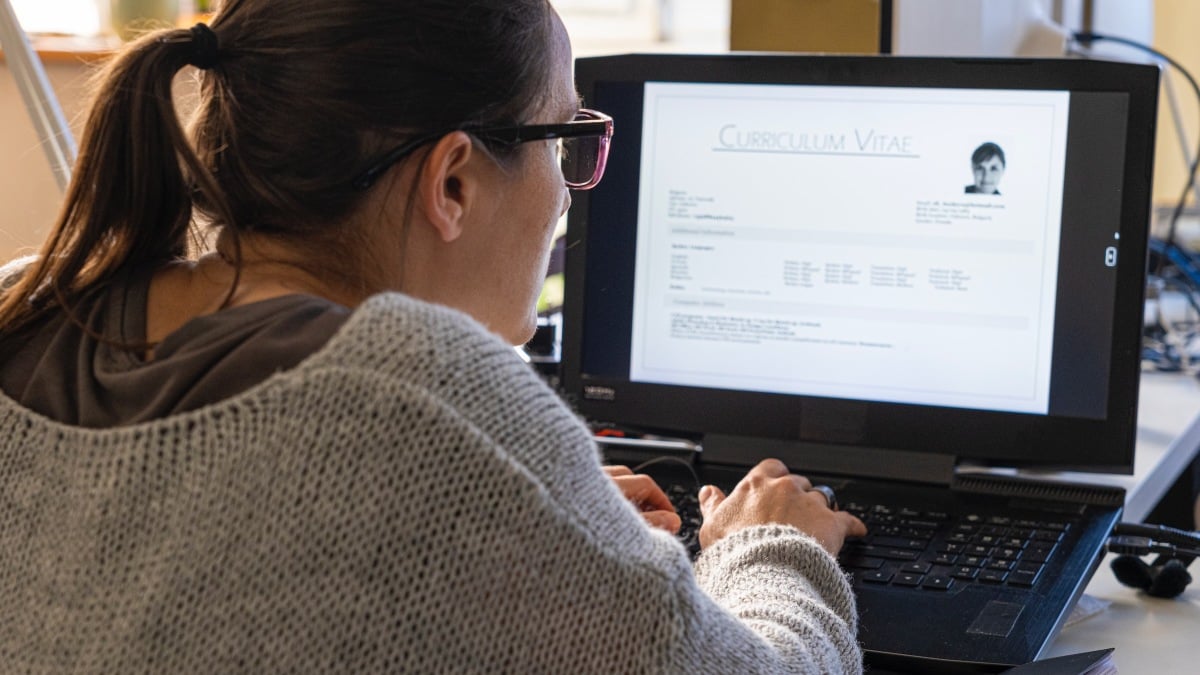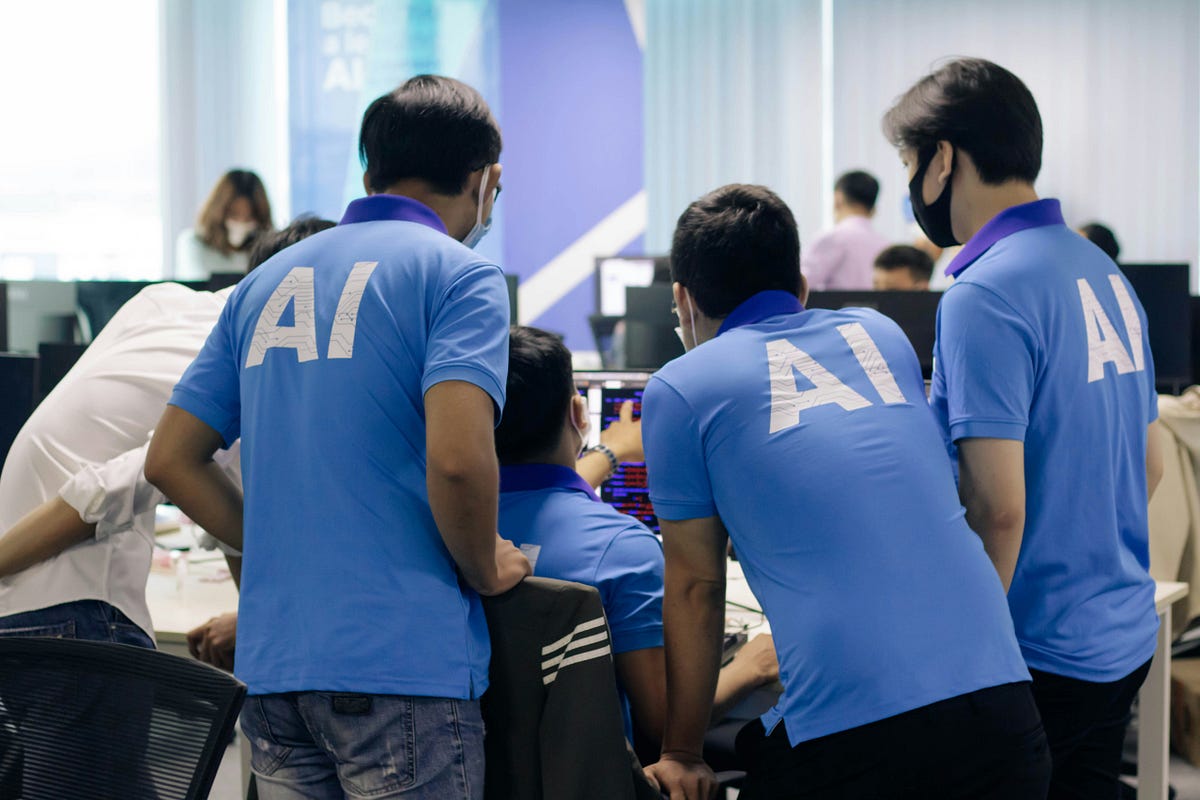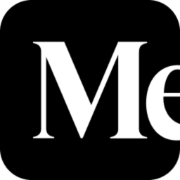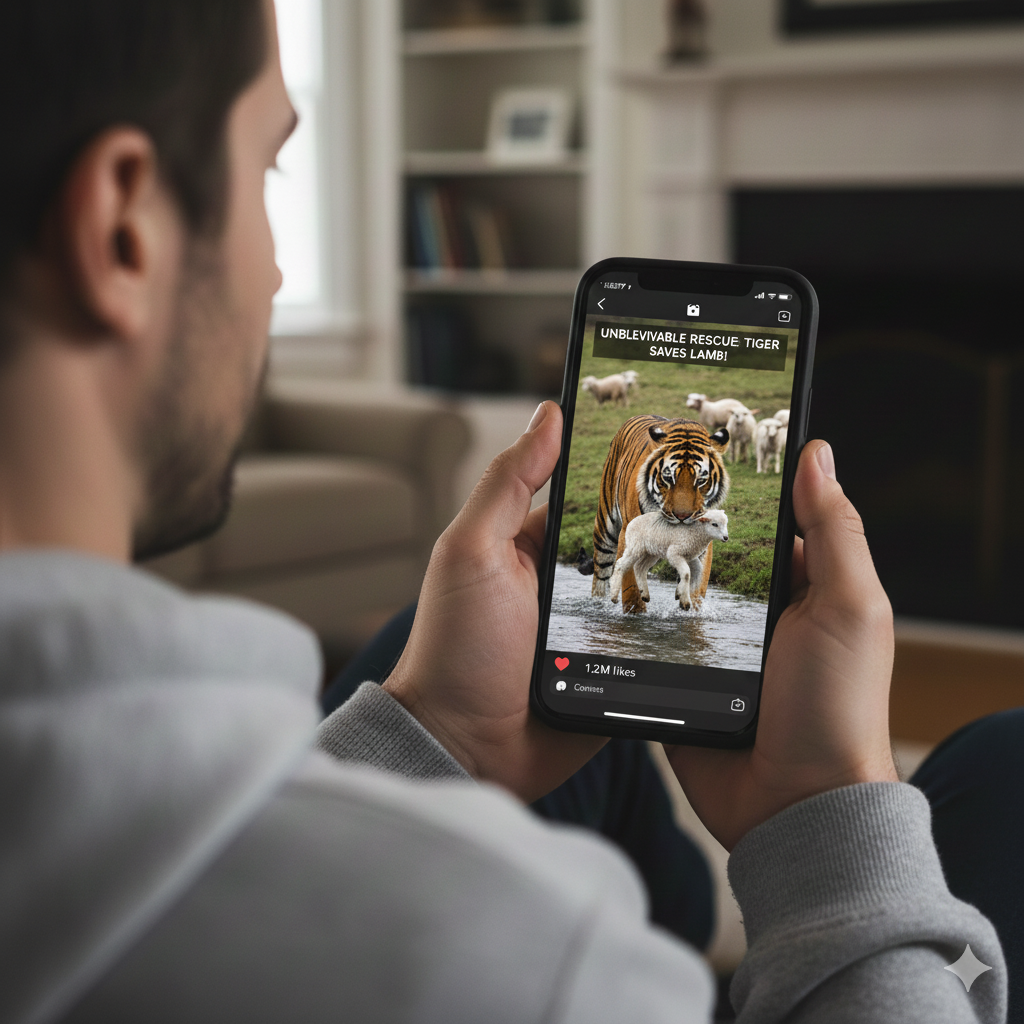The job search process is becoming increasingly difficult: many young applicants use AI tools to write their applications, while HR departments also rely on artificial intelligence to pre-screen submissions. The result is that a large proportion of candidates never make it to an interview. According to data reported by The Atlantic, one recent UC Davis graduate applied for 200 jobs and was rejected every time. This is particularly paradoxical given that the US unemployment rate stands at 4.3% and corporate profits remain strong, yet hiring rates have fallen to their lowest level since the recovery from the Great Recession.
Online platforms for job searches and postings have made it easier to find vacancies but harder to secure offers, creating what some describe as a job market that resembles Tinder. A survey by Boston Consulting Group found that HR managers are now using AI to write job adverts, evaluate candidates, and schedule introductory meetings, while unemployed workers face an average job search period of 10 weeks—two weeks longer than just a few years ago. Priya Rathod, a career trends expert at Indeed, acknowledges that applicants feel as if their CVs disappear into a void. While jobseekers turn to AI to draft their materials because they find the outputs more professional, companies simultaneously use algorithms to assess applications, and in some cases even deploy chatbots to conduct interviews.
The current balance of low hiring and low layoffs affects almost every sector except healthcare, while the economy shows signs of fragmentation and the threat of a full recession looms. A 2025 Reuters Ipsos survey found that 71% of respondents worry AI will make too many people permanently unemployed. Black workers have already experienced dramatic rises in unemployment, partly due to mass layoffs of federal employees under the Trump administration, while more than 10% of workers under the age of 24 are currently seeking jobs in the United States.
Sources:













